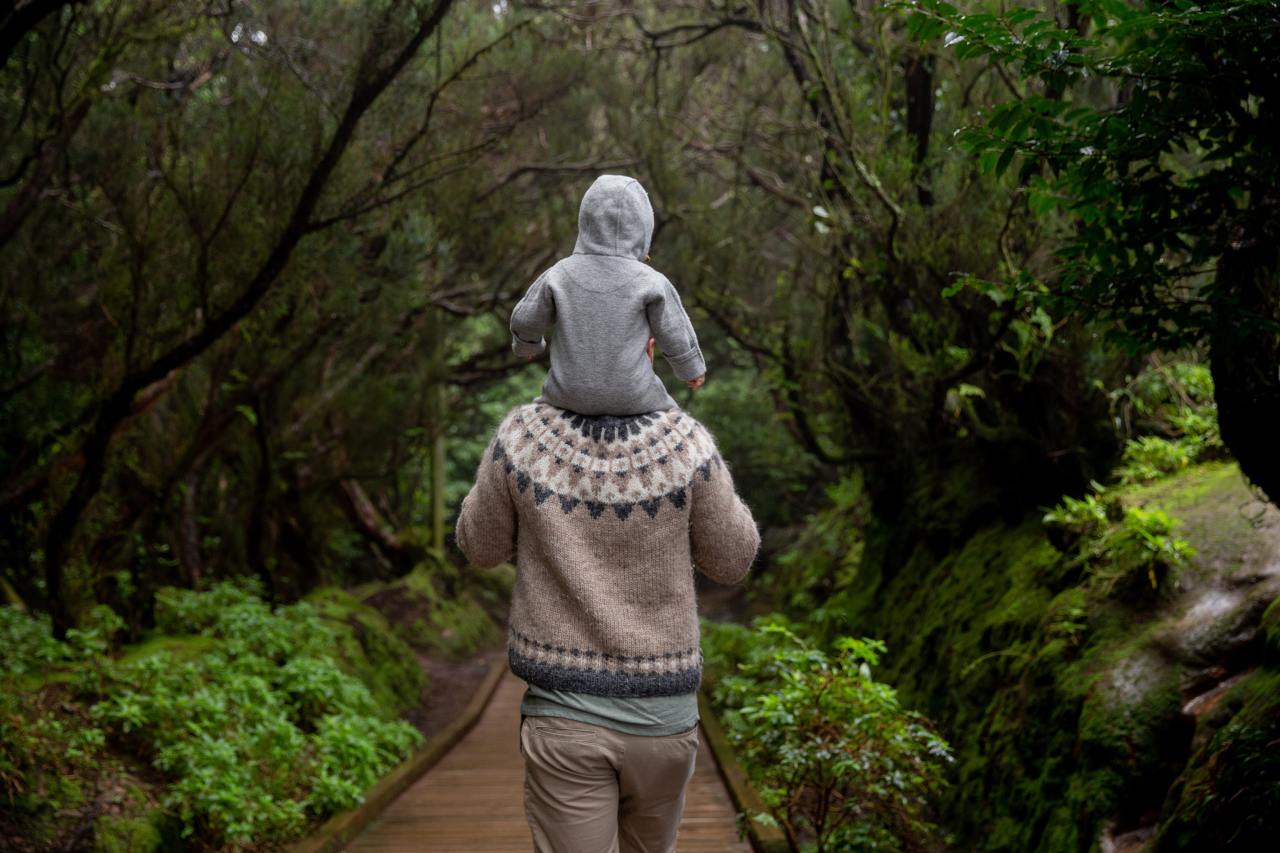
Your Parents Did The Best They Could, But They Didn’t Know Everything
Your parents did their best with what they knew—at least some of them—but they didn’t know everything. One of your parents was living in survival mode while the other was raining terror on your lives.
Or maybe it was more subtle. Your parents weren’t alcoholics. You got an occasional spanking but weren’t blatantly abused. You were fed and clothed. You have fond memories together. You celebrated birthdays. You don’t remember anything being specifically wrong. Your parents were living based on their parents’ traditions and culture. They acted in ways and said certain phrases because “it’s what my Mom did” or “it’s what my elders told me to do.” But you questioned that mold.
One day, you grew up. You started making your own decisions and conflict started spilling through the cracks. You started mirroring your repressed memories through your relationships. You realize you’ve been yearning for your partner’s attention. You’re giving more than you get in life and relationships. Your feelings are not being acknowledged, heard, or validated. You’re tip-toeing around conversations because you don’t want to say the wrong words. You’re the ‘odd one’ in the family. At first, you don’t associate any of your behaviors with how you grew up, but after repeating the same unwanted patterns, you ask yourself, “What the heck is going on?”
After listening to talks and YouTube videos, you realize the missing piece from your childhood was emotional availability. You didn’t form the emotional attachment with your parents that you needed. Attachment trauma is “a consistent disruption of physical and emotional safety in the family system. It is not what happens to you, but what happens inside you,” says Heather Monroe, a Nashville-based licensed clinical social worker (LCSW) specializing in treating relational trauma.
Attachment trauma symptoms can also show up as shame, remorse, and humiliation. In your mind, you’ve held on to beliefs about yourself that simply aren’t true but were critical to your protection at the time. Attachment trauma might show up as continually getting into codependent relationships. Licensed psychologist and author Dr. Renee Exelbert says that “codependency is a circular relationship in which one person needs the other person, who in turn, needs to be needed. The codependent person, known as ‘the giver,’ feels worthless unless they are needed by — and making sacrifices for — the enabler, otherwise known as ‘the taker.“
All of a sudden, it all makes sense. You never thought that so many of the problems you face today were based on the emotions of childhood. Please know that no matter what happened, no matter your circumstances, you can change, and it’s your responsibility to do so.
You are only ever one decision away from a different life. Your parents did the best they could, but they didn’t know everything. They were living in other times, faced with different challenges. If you’re a parent, you know you don’t always have the answers. You’re not going to be perfect. You’re not going to get it right all the time, but you hope you’ve instilled just enough love into your child that they will figure life out and be okay.
I know that doesn’t change the hurt you feel. It’s not to disqualify your experience or make excuses. I know it doesn’t change the estrangement you feel throughout your day. You ask, “How can you live with someone for years yet not know them?”
Your parents did the best they could, but they didn’t know everything. Now is your time to heal. Now is your time to let go. Now is the time to accept what already is. Now is your time to give yourself the love you’ve been trying to recreate through broken relationships.
How? You unravel yourself from your learned responses. Remind yourself that you do not have to give in order to receive love. You take care of yourself by considering what you want. You ask for what you want. You take risks. You embrace change by taking little actions. You sit in the discomfort of saying no to things you don’t want. You spend time alone. You learn new information. You talk to a therapist. You forgive yourself and others to gain peace.
Your parents did the best they could, but they didn’t know everything. You are here now, not as a broken person but as a wiser and more compassionate one. Healing is your responsibility. Healing is your path to freedom.
